The crucial skincare mistake 74% of people are making – and why it should *never* be skipped
This is the one skincare step you should never slack on, according to the pros...
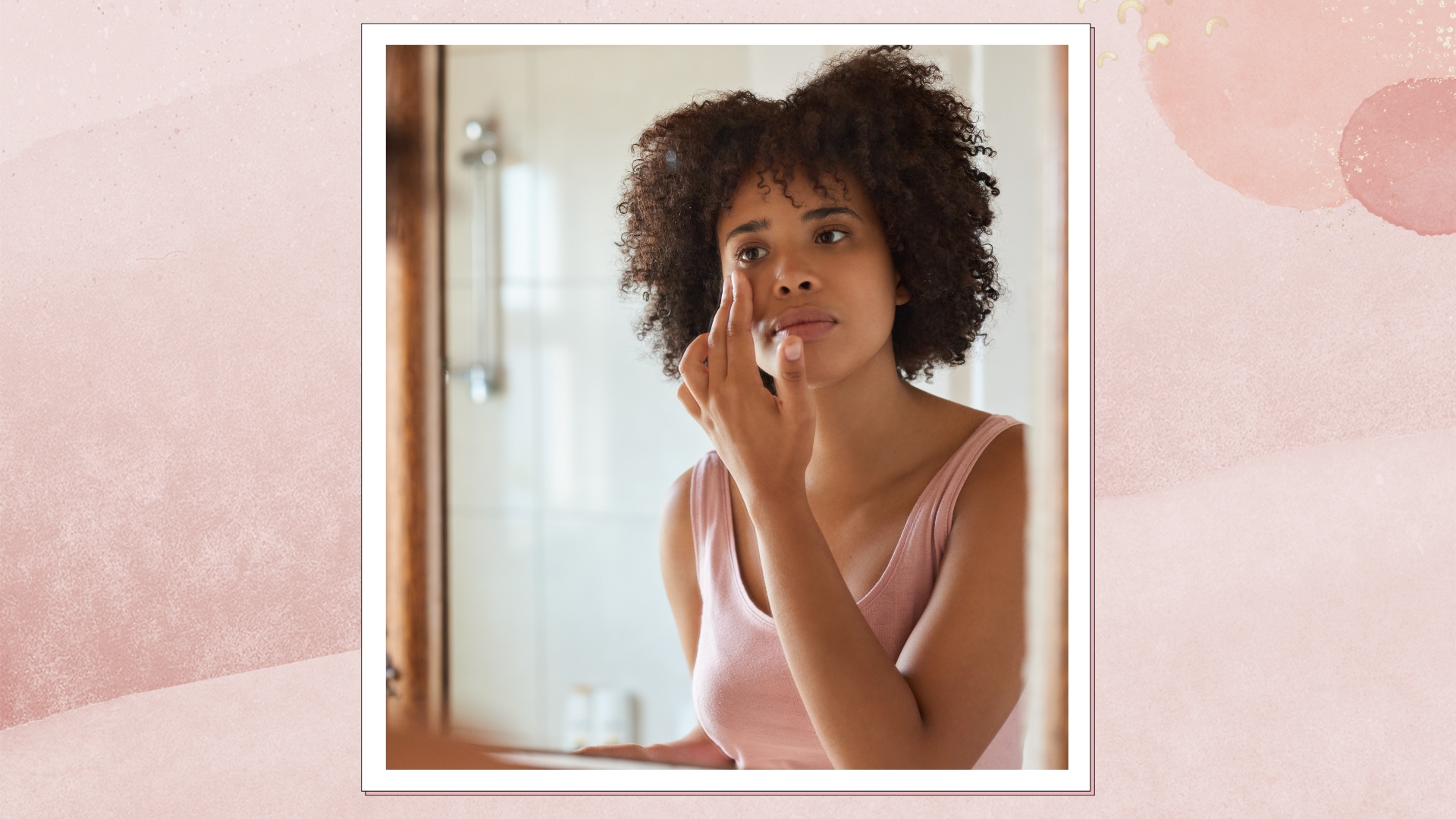

New research from Beauty Pie says that only 26% of the population wears sunscreen every day. This leaves the other 74% of people vulnerable to skin damage, premature skin ageing and even an increased risk of developing skin cancer.
Ask any dermatologist and they'll tell you about the importance of daily suncare; it's the single best thing you can do for your skin. Protecting it with your best facial sunscreen daily, whatever the weather, will lead to healthier, plumper and safer skin. In fact, the skincare hill our beauty team will die on is wearing adequate sun protection every single day, be it a straightforward facial sunscreen or one of the best moisturisers with SPF – because at the end of the day, there’s no point splashing out on expensive serums or painful treatments if you don't protect your skin, too.
While you may already know this, forgoing sun protection – even in the winter months – puts your skin at risk. So, in light of this, we've asked the experts to outline exactly what happens to your skin when you skip SPF and how to find the right formula for you to ensure you don't forget to apply it.
Here's why you should wear sunscreen every day
As mentioned, new research from Beauty Pie has found that 74% of the population is still forgoing SPF. Wearing sunscreen daily will benefit your skin's appearance (research shows that 80% of signs of ageing are caused by sun damage) and, more importantly, its health. Cancer Research UK found that in the UK alone, there are over 16,000 new cases of melanoma every year, 86% of which are preventable.
"The sun emits UV rays every day," explains Dr Sophie Momen, consultant dermatologist at One Welbeck. "UVB rays are higher when it's sunny and cause sunburn and skin cancers. UVA rays, however, are present all year round, even in the winter and cause signs of ageing (fine lines, wrinkles and pigmentation). Therefore it is important to protect against your skin all year round.
Sunscreen alone doesn't guarantee total protection either, Dr Momen warns. "Sunscreen is one method of sun protection, [but] it does not provide 100% protection against UVA and UVB rays," she says. "You can also add other methods such as avoiding the midday sun and wearing hats and clothing with in-built UPF factors."
Why do so many people skip SPF?
Knowing everything we know about the importance of sun protection, why do people still skip it?
Sign up for the woman&home newsletter
Sign up to our free daily email for the latest royal and entertainment news, interesting opinion, expert advice on styling and beauty trends, and no-nonsense guides to the health and wellness questions you want answered.
"I think it’s a combination of many things and it's different for different people," says Dr Ifeoma Ejikeme, Skin Expert and Medical Director of Adonia Medical Clinic. "For some, it might be that they didn’t grow up with the understanding that the sun can cause damage, or they were introduced to the idea of SPF later in life, which can make it difficult to begin a new habit."
"Similarly, it’s another thing to remember, another step in the routine in what is already a busy life," she continues. "For people with darker skin, it can be challenging to find the right product because many on the market can leave skin looking ashy. It could also be the fact we live in the UK, which isn’t typically seen as a ‘hot’ country, so we don’t feel we need to wear it – which isn't true!"
Dr Momen explains it could be other practical factors, like the texture of sunscreen, that put people off. "They may not like the feel of some sunscreens on the skin," she notes. "Sunscreens can feel heavy on the skin or leave a white cast, but now there are much better formulations out there."
What happens to your skin when you skip sunscreen?
"If you forget to wear SPF on a sunny day when you are out in the sun then this will increase the risk of burning your skin, which in turn will increase the risk of developing skin cancer later on in life," warns Dr Momen.
"Skipping sunscreen leaves your skin vulnerable to damage [from] the sun’s harmful UVA and UVB rays," adds Dr Ejikeme. "This can cause premature fine lines, damaged or dull skin, redness and hyperpigmentation."
...And don't forget to reapply it
An overlooked factor of safe suncare is reapplication. "Sunscreen will wear off throughout the day due to sweating, exercise and rubbing off when we touch our face," explains Dr Momen. "It is essential to apply sunscreen every two hours or after exercise or periods of sweating."
This is easy to do on makeup-free beach days, but when you're wearing make-up it can be trickier. In these cases, pick mists and stick formulations that won't disrupt your base.
Find the right formula for you
The trick to wearing sunscreen daily is picking a formula you actually like wearing – applying it will feel less of a chore, and you may even look forward to putting it on every morning.
"It’s important to find a sun cream that's suited to your skin type so you wear it daily," says Dr Ejikeme. "Always use a broad-spectrum sunscreen (meaning that it protects from both UVA and UVB rays) with at least SPF 30. For people with darker skin, look for a sun cream that is non-greasy [and] easy to blend, without leaving a white residue."
Our senior beauty editor recommends...
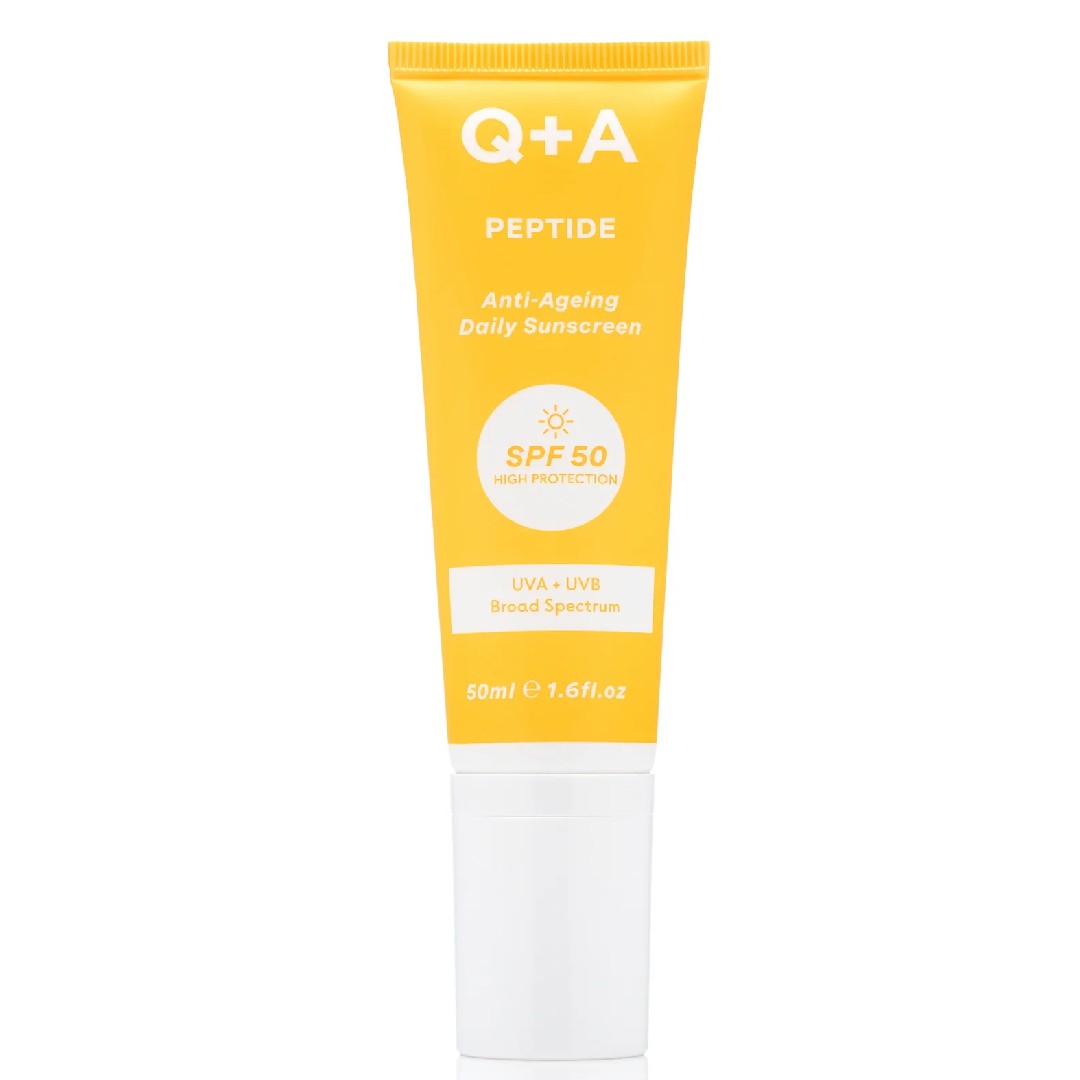
RRP: £15
I'm a huge fan of this affordable skincare brand and its new sunscreen is brilliant. It has the bonus benefit of peptides to leave skin looking smooth and plump, as well as a lightweight texture without any hint of greasiness.
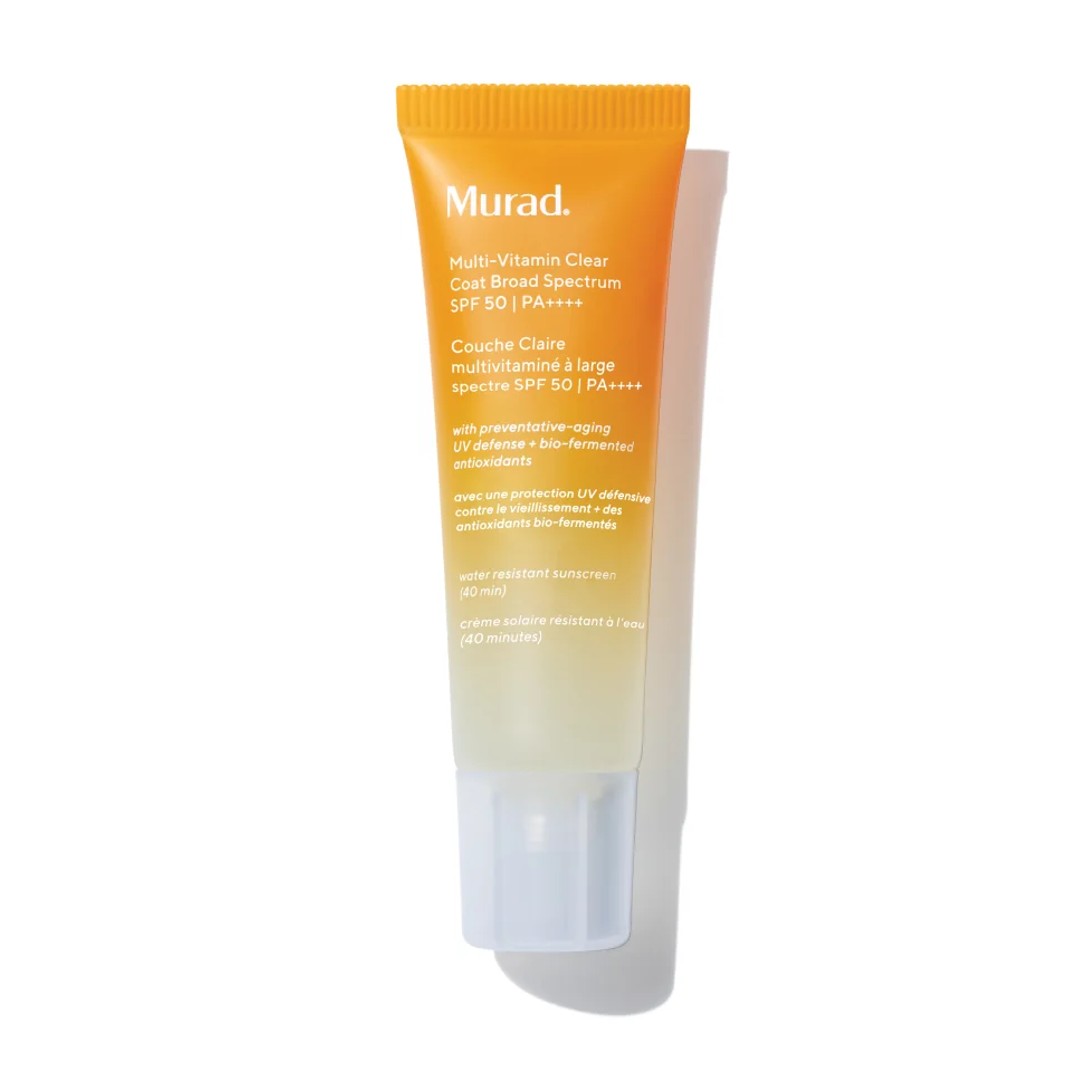
RRP: £42
As Dr Ejikeme mentioned, if you have darker skin you'll need a formula that doesn't leave a white cast and this one is ideal. The formula is totally clear and looks truly invisible on all skin tones. The formula also boasts a cocktail of vitamins that will perk up your complexion, including C, D, E and F.
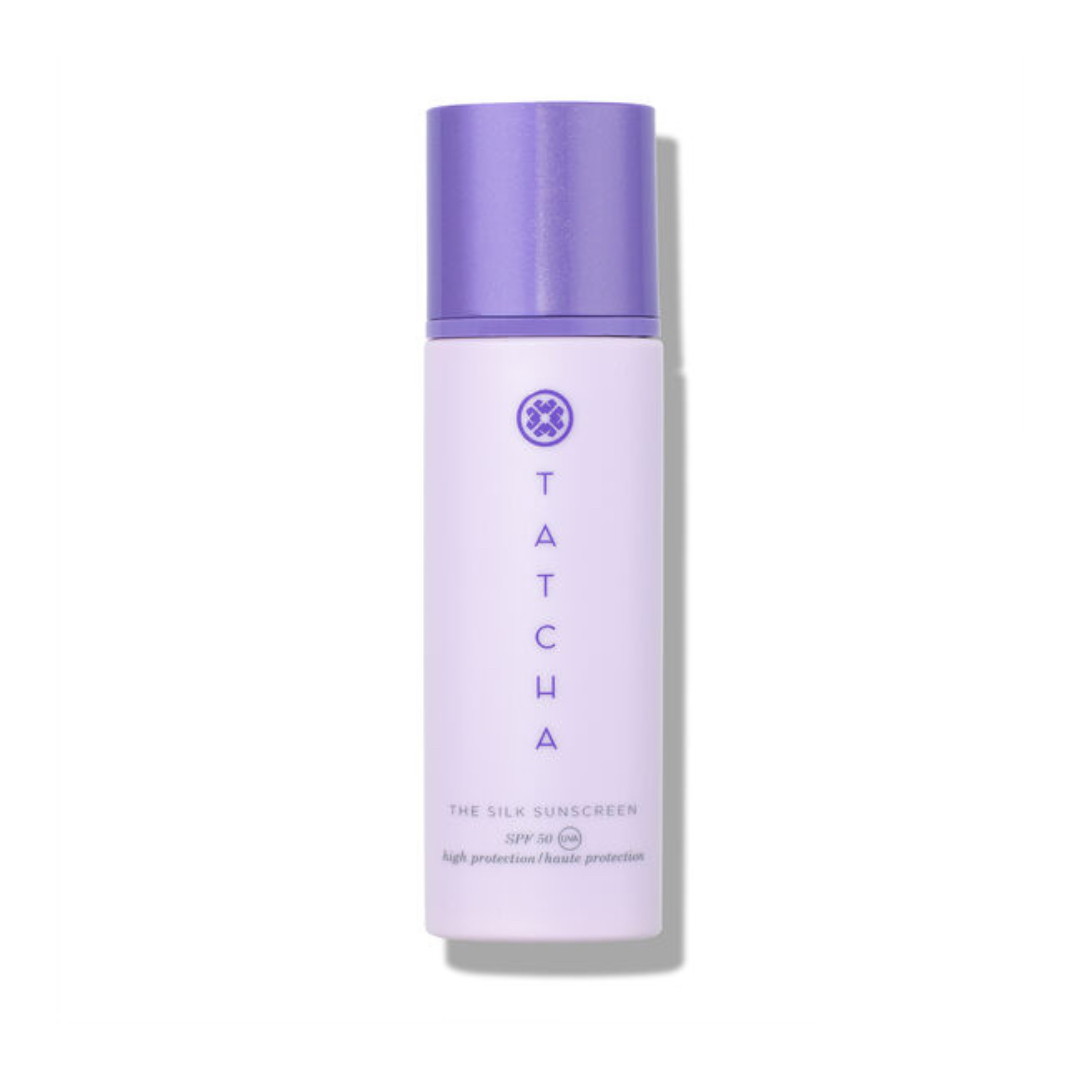
RRP: £65
If you've been put off by the texture of heavy or sticky creams in the past, try this. It's very aptly named, with a silky texture that sinks in beautifully, leaving skin soft and sumptuous. It sits really well under makeup, never pilling or leaving you looking shiny-faced.
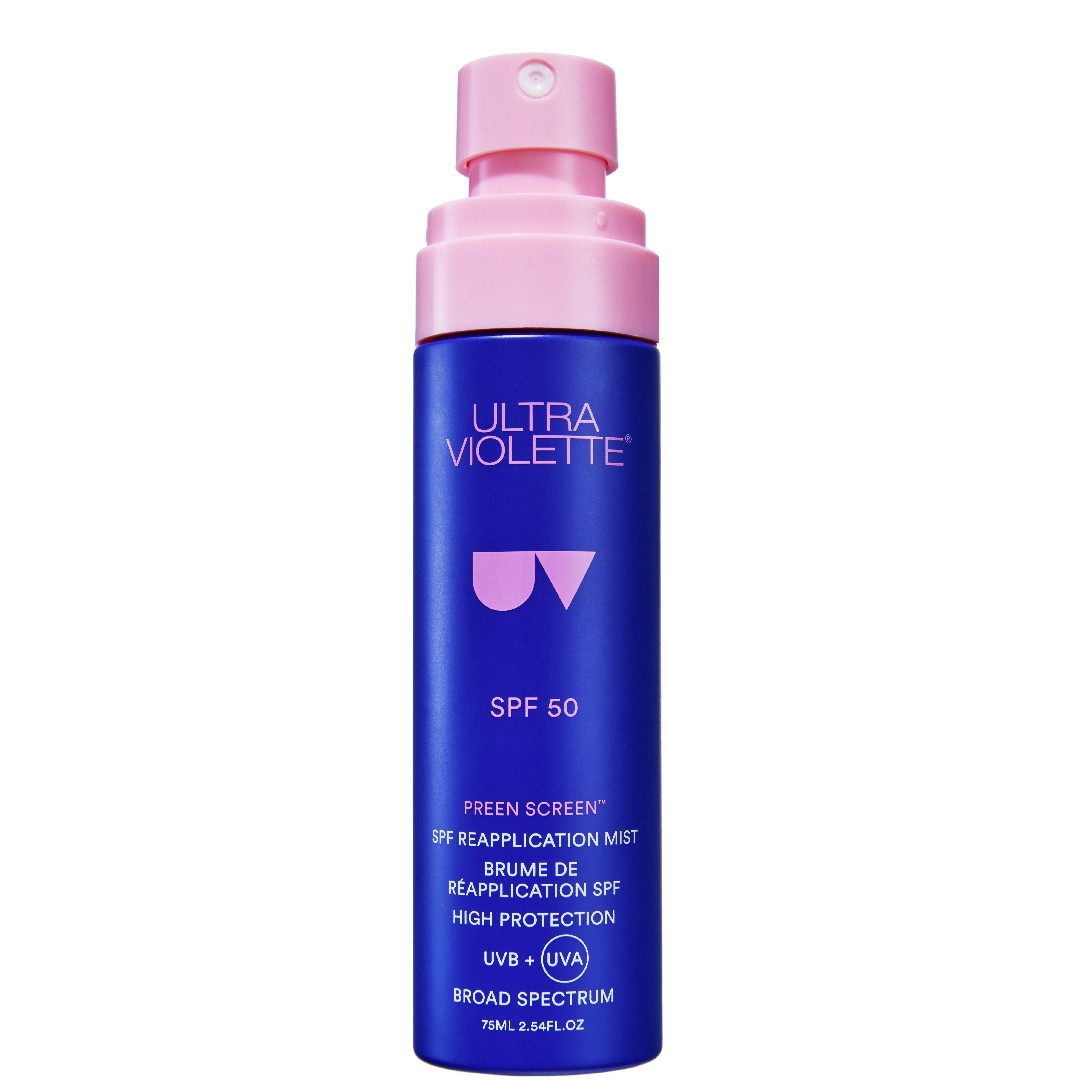
RRP: £32
This feels like a setting spray with an incredibly fine mist. Makeup looks refreshed while the skin is shielded, with no white cast or sticky residue. It's genius.
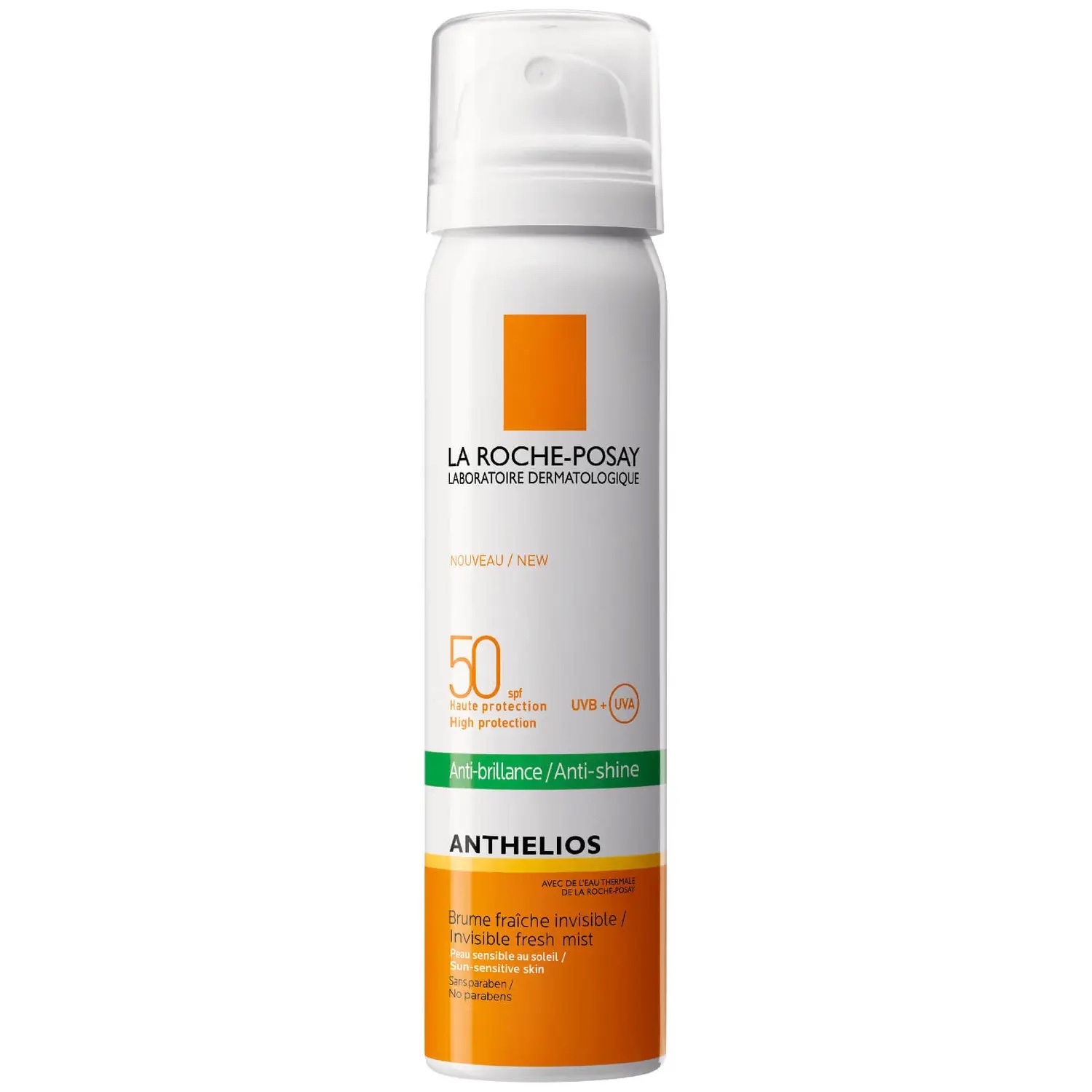
RRP: £17.90
This also has a very fine mist with a slightly matte finish and works just as well over makeup as it does on the rest of your body, including the often-forgotten scalp.
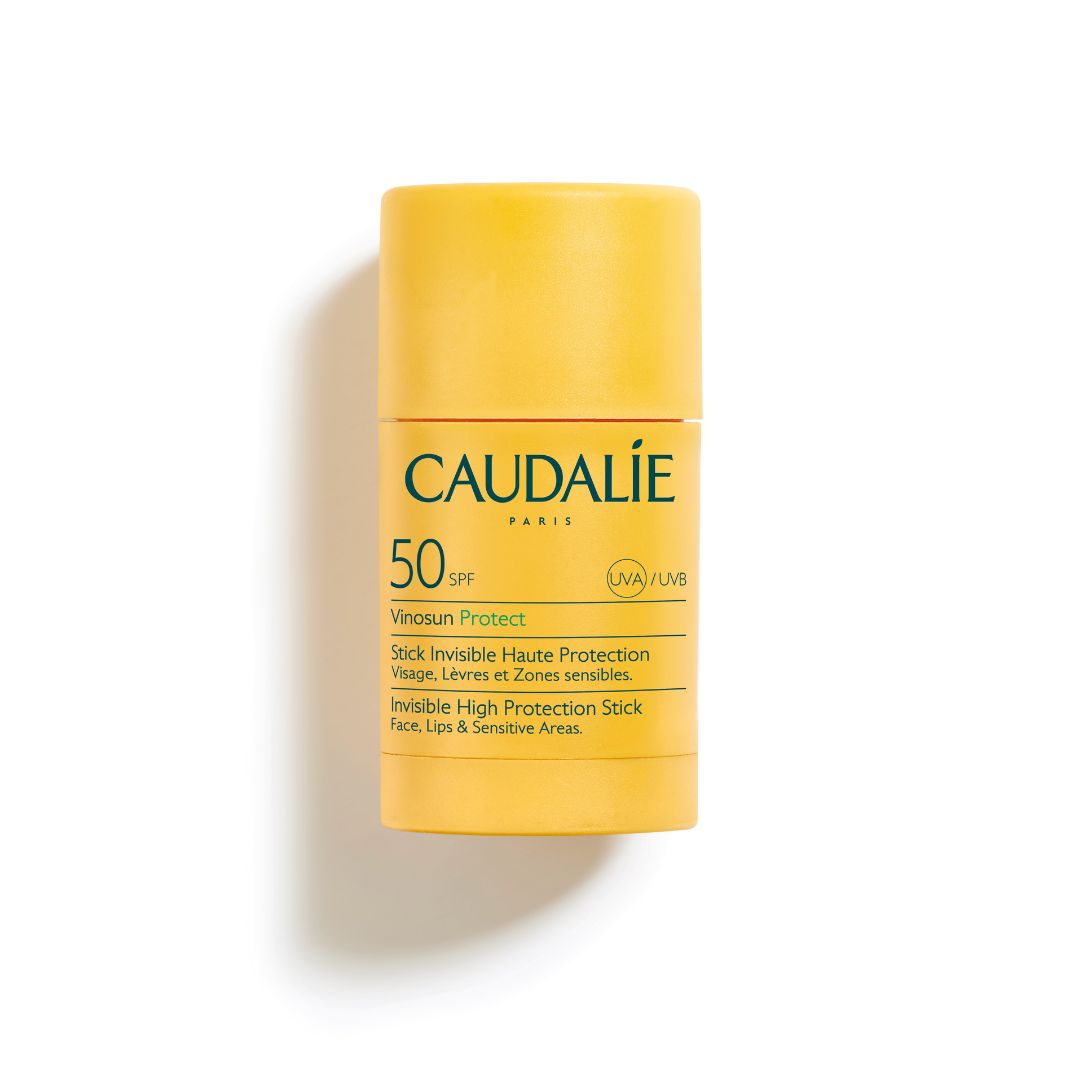
RRP: £16
I keep one of these in every handbag in the summer months. This nifty little stick won't spill and makes topping up your sun protection a doddle – it glides over the skin and won't smudge your makeup.

Rhiannon Derbyshire is the Senior Beauty Editor for Woman & Home.
She started interning for glossy magazines in 2011 while working alongside her Fashion Journalism degree. There, she was lured to the beauty desk, seduced by red lipsticks, posh shampoos, and every skincare product imaginable. 10+ years into her career, she now writes about all things skincare, haircare and makeup for six national titles and interviews celebrities, experts and brand founders. She oversees and judges products for the Woman & Home skin, hair and beauty awards, testing hundreds of products yearly.
With 3A curls, Rhiannon specialises in writing about curly hair routines and has a penchant for red lipsticks and minimalist skincare routines - with a bit of LED therapy thrown in.
-
 Kate Middleton’s go-to bag for special occasions is a wedding season essential you’ll bring back time and time again
Kate Middleton’s go-to bag for special occasions is a wedding season essential you’ll bring back time and time againThe Princess of Wales always reaches for the same elegant style of bag for formal events and it works beautifully for weddings.
By Emma Shacklock
-
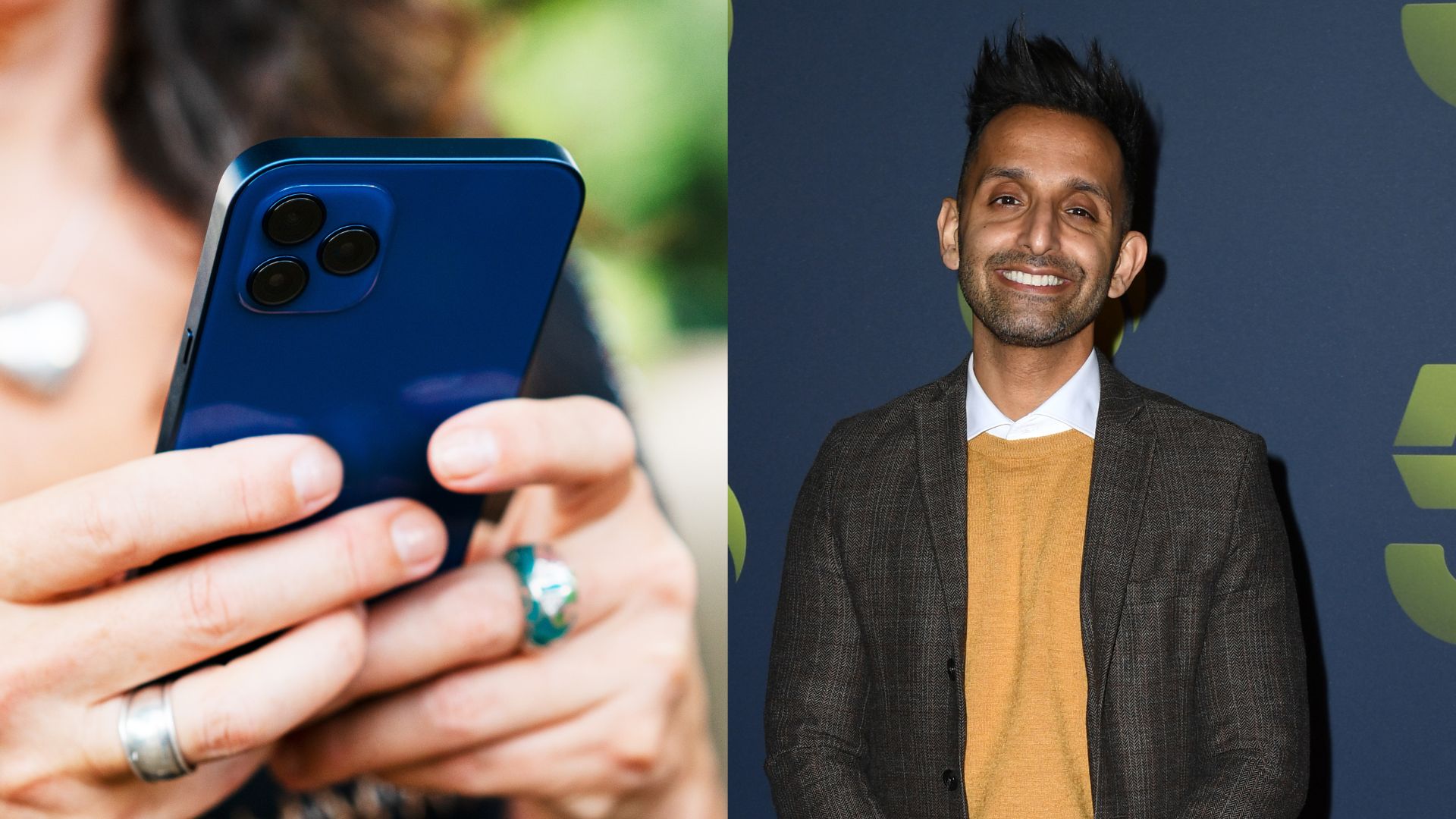 Dr Amir Khan reveals the 5 symptoms you should 'never' ignore, no matter how 'vague' they are
Dr Amir Khan reveals the 5 symptoms you should 'never' ignore, no matter how 'vague' they areDr Amir Khan, a GP who often appears on ITV's Lorraine, took to Instagram this week to share the symptoms he'll always take a second look at
By Grace Walsh